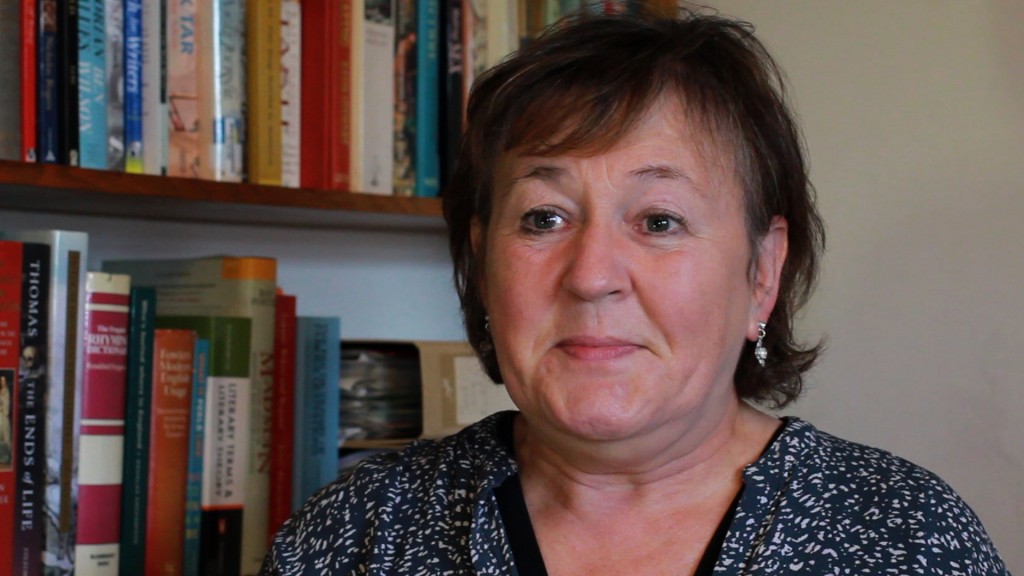[An] exuberant revivification of grave robbers and gamblers, hucksters and whores in 18th-century London: like Hogarth sprung to life.
– Hilary Mantel, Books of the Year 2013, Observer
This is my second interview with Maria McCann – I first interviewed her back in 2010 about her previous novel, The Wilding, which was longlisted for the Orange Prize. That novel was set during the Restoration in 1672. For her new book, Ace, King, Knave, Maria has moved forward almost a century to the Georgian England of the mid-1760s. The novel is the tale of two young women: Sophia, born into the Somerset aristocracy, and Betsy-Ann, the daughter of travelling fair people, and their relationship with the same man, though they each know him under a different name. To Sophia, he is Mr Zedland, heir to an estate in Essex with an elegant townhouse in London. The man Betsy-Ann knows as Ned, however, comes from a much more disreputable background.
The Georgian capital is a world where everyone, whether highborn or low, is looking for the Great Chance – ‘London’, as Sophia is to discover, ‘is not like the countryside, where a lady travelling within her own district can expect to be recognized and looked up to. Life here is teeming and anonymous. The most infamous women go lavishly caparisoned and keep carriages, so that even the practised eye can scarcely distinguish virtue from vice’. That problem of telling virtue from vice, the fraud and the trickster from the genuine and trustworthy runs through the whole book. Every human interaction – from a game of cards to a marriage – is fraught with the danger of things turning out to be not what they seem. The high-born can take pleasure dabbling in the mud, and the low-born can pass themselves off as their betters. Social interaction becomes a complex game of trying to read the manners, clothes, and language of other people, while trying not to let too much of your own hand show – highly appealing terrain for a novelist, and indeed for the reader.

